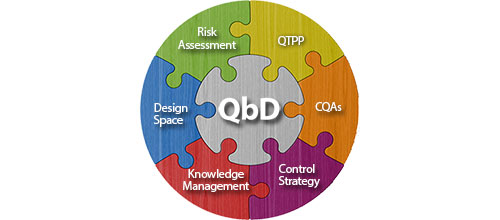FDA opens Docket on Software Products
Currently, under the "Cures Act", certain medical software functions are excluded from the definition of a medical device. The U.S. Food and Drug Administration, FDA, now opened a docket on specific types of software, including general wellness software products, electronic patient records and more. The FDA is "adapting its regulatory approach to digital health technologies to accommodate the highly iterative nature of these tools".
As required by the "Cures Act", the FDA is "examining information on these non-device software functions and assessing the impact that such software functions have on patient safety; including best practices to promote safety, education and user competency related to such functions". According to FDA, the agency will publish its findings and issue a report later this year regarding the benefits and risks of these functions. Comments may be submitted to the public docket for consideration in the development of the report by June 28, 2018. The FDA will incorporate this input as the agency develops its report on these functions.
As added by the "Cures Act", certain medical software functions are not medical devices, including software functions that are intended
- for administrative support of a health care facility,
- for maintaining or encouraging a healthy lifestyle,
- to serve as electronic patient records,
- for transferring, storing, converting formats, or displaying data, or
- to provide limited clinical decision support.
Last year, FDA issued the following two draft guidance documents to offer clarity about where FDA sees its role in digital health and where FDA does not see a need for FDA involvement:
- Clinical and Patient Decision Support Software, and
- Changes to Existing Medical Software Policies.
In consultation with agencies and offices of the Department of Health and Human Services (HHS) involved in health information technology, FDA will examine information on any risks and benefits to health associated with these non-device software functions. Additionally, FDA intends to work with agencies in HHS, such as the Office of the National Coordinator for Health Information Technology, to gather and summarize information related to risks and benefits for these software functions.





